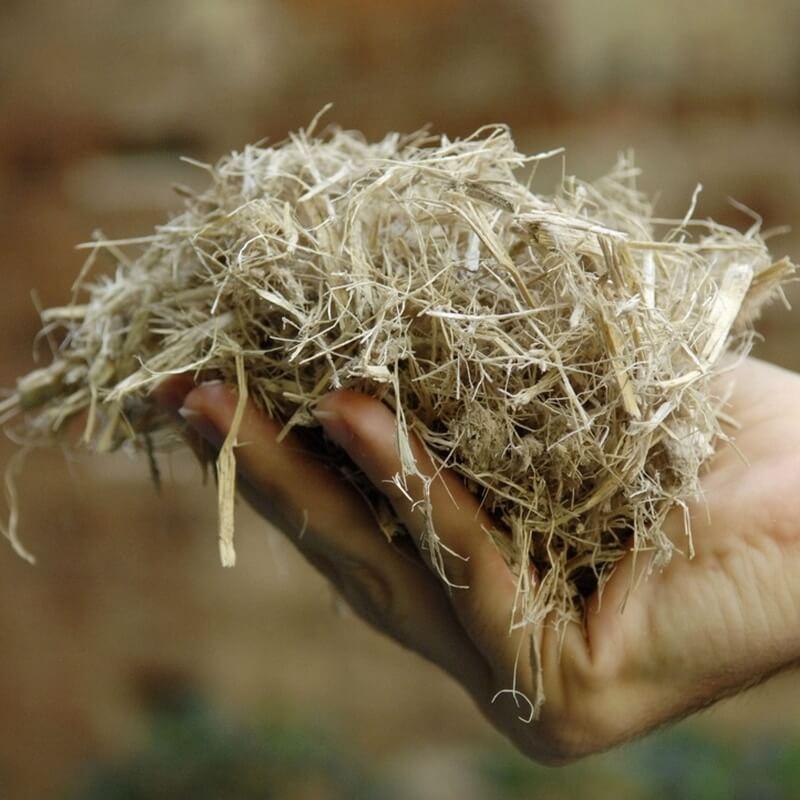As the world moves towards sustainability, eco-friendly alternatives like sugarcane bagasse products have emerged as a key player in reducing environmental waste. These biodegradable and compostable products not only provide a practical solution for disposable tableware but also naturally decompose, leaving minimal impact on the environment. Stuti Exim, a leader in biodegradable tableware, champions this eco-friendly solution.
What is Sugarcane Bagasse?
Sugarcane bagasse is the fibrous residue left after extracting juice from sugarcane. Traditionally discarded or used as fuel, this byproduct has found new life in the production of biodegradable tableware. By turning waste into a resource, bagasse products help reduce reliance on plastic and other non-renewable materials, and Stuti Exim specializes in providing high-quality, sustainable alternatives.

The Decomposition Process of Bagasse Products
Sugarcane bagasse products, such as plates, bowls, and clamshell containers, are compostable and decompose naturally under the right conditions. Here’s a step-by-step breakdown of how these biodegradable tableware items break down:
- Exposure to Moisture and Microorganisms
For bagasse products to decompose, they must be exposed to moisture and microorganisms. When discarded in a composting environment, bacteria and fungi begin the process of breaking down the fibrous material. - Breaking Down of Fibers
As the microorganisms feed on the material, the sugarcane fibers start to break apart. This process is faster than the decomposition of traditional plastic products, which can take hundreds of years to degrade. - Complete Decomposition
Depending on environmental factors such as temperature, humidity, and exposure to oxygen, sugarcane bagasse products typically decompose within 60 to 90 days. In a home composting environment, they may take a bit longer but still break down much faster than conventional plastics.
Environmental Benefits of Bagasse Decomposition
The rapid decomposition of sugarcane bagasse products offers numerous environmental benefits:
- Reduced Landfill Waste
Since these products break down naturally, they don’t contribute to long-lasting waste in landfills. Instead, they become nutrient-rich compost that can enrich the soil. - Lower Carbon Footprint
Manufacturing sugarcane bagasse products uses less energy and resources compared to plastic. Plus, their natural decomposition means less reliance on waste management processes like incineration, which releases harmful pollutants. - Promoting Circular Economy
Sugarcane bagasse products support a circular economy by turning agricultural waste into a resource and returning it to the earth as compost. This sustainable lifecycle reduces the need for virgin materials and minimizes environmental impact. Stuti Exim actively promotes this eco-conscious approach.
Composting Bagasse Products at Home
If you’re looking to compost bagasse products at home, ensure that they are free from contaminants such as food waste, oils, and plastic coatings. Simply place them in your compost bin, and within a few months, they will have fully decomposed into valuable compost.

Conclusion
Sugarcane bagasse products offer an eco-friendly alternative to plastic and other non-biodegradable materials. Their ability to decompose naturally and return to the earth as compost makes them an essential part of a sustainable future. By choosing compostable tableware made from bagasse, you’re contributing to waste reduction, a healthier planet, and a greener lifestyle. Stuti Exim is your trusted partner in providing high-quality, biodegradable tableware that aligns with your eco-friendly values.